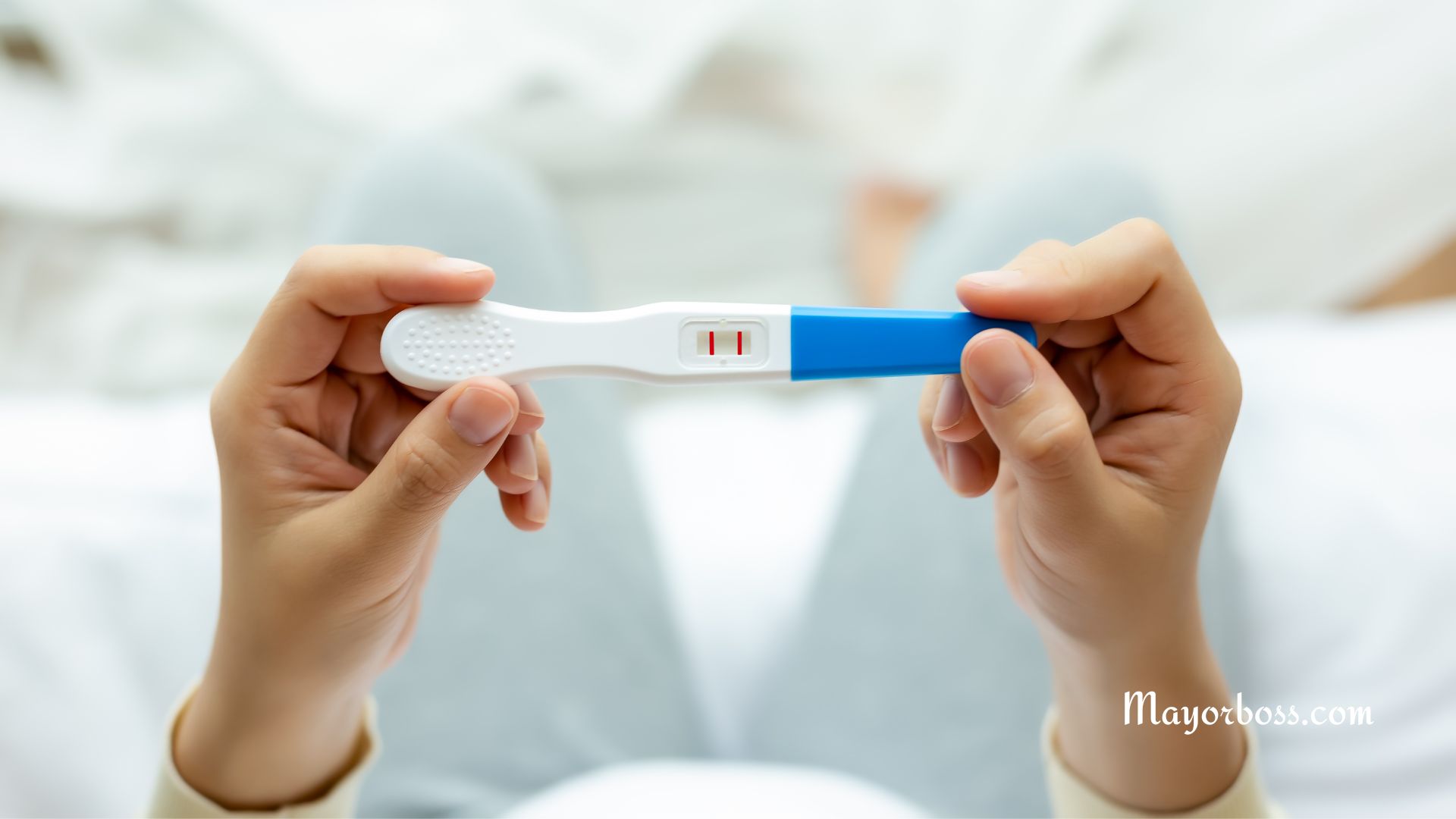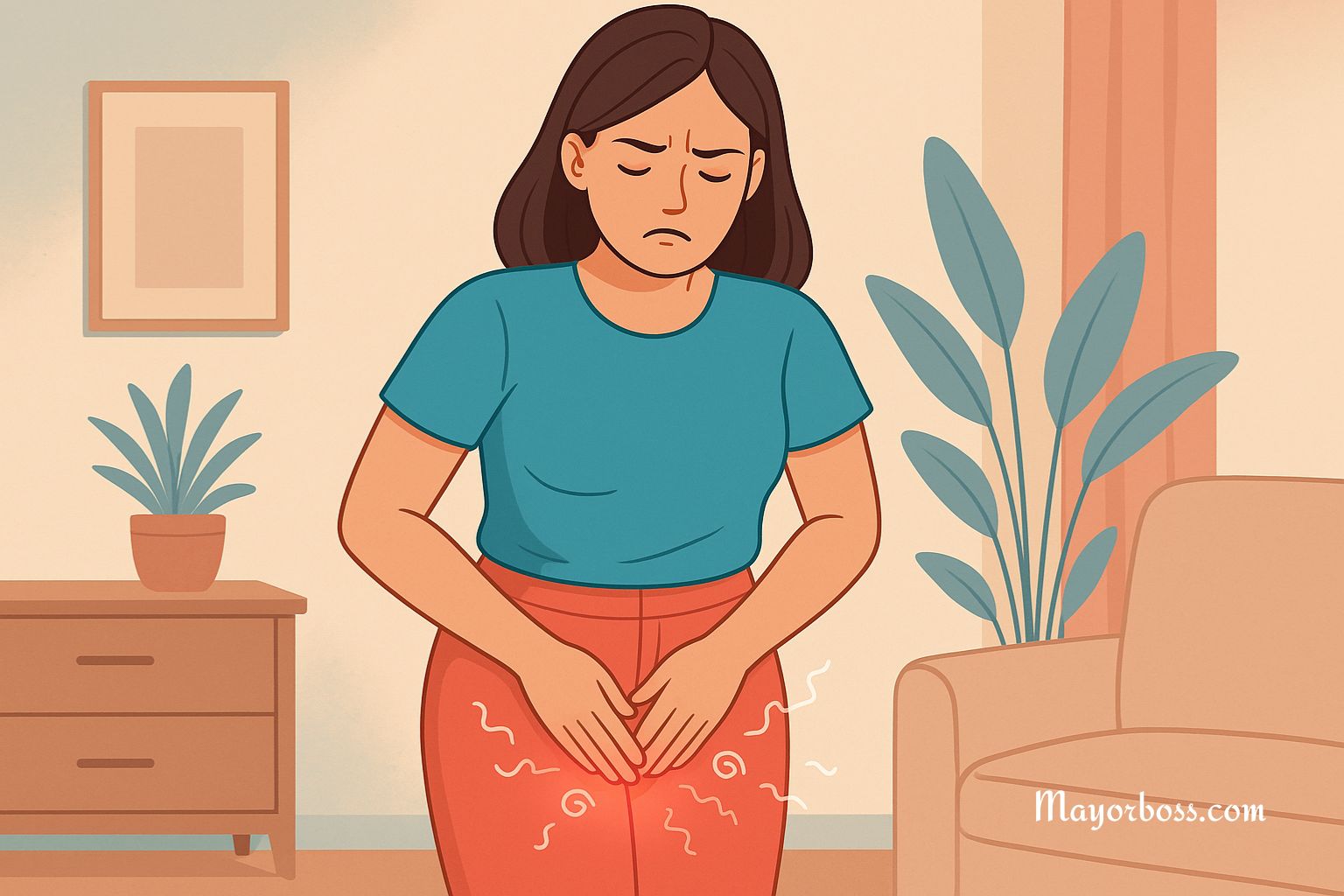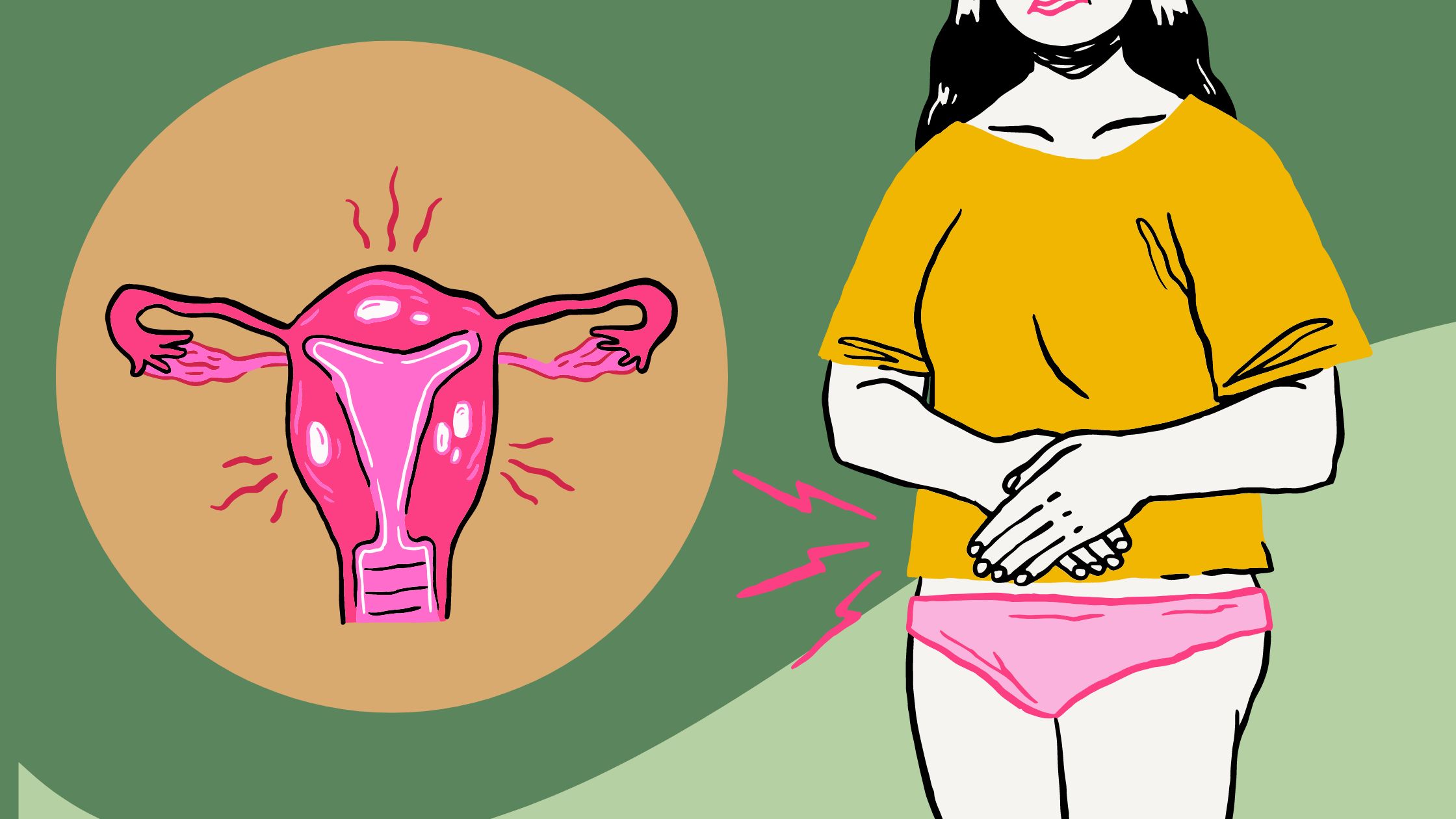Symptoms of High Testosterone in Women
High testosterone in women can lead to physical and emotional changes, such as increased facial or body hair, acne, irregular periods, a deepened voice, and mood swings. If you notice several of these symptoms, consult a doctor for evaluation and testing.

When you hear the word “testosterone,” you probably think of men. Yet, testosterone is not just a male hormone. In fact, it is one of the most important sex hormones for women, too. Testosterone plays a key role in women’s health, but like any hormone, its level must remain balanced. Both high and low levels can cause problems.
Why Do Women Need Testosterone?
You might be surprised to learn that women also need testosterone for their bodies to work well. Testosterone is essential for many functions. It helps with:
Testosterone is made in the ovaries, adrenal glands, and fat tissue. A hormone called luteinizing hormone triggers the production of testosterone in the ovaries, specifically in cells called thecal cells of the follicles. Once produced, testosterone can be converted into estrogens with the help of an enzyme called aromatase.
Without enough testosterone, women may experience low libido, constant fatigue, and even weakness. On the other hand, too much testosterone can cause a range of uncomfortable or even distressing symptoms.1
What Causes High Testosterone in Women?
Several factors can lead to increased testosterone levels in women. The most common causes include:
Symptoms of High Testosterone in Women
When testosterone rises above normal levels, it can trigger changes in a woman’s body and mind. These symptoms may appear gradually or suddenly.2
1. Increased Facial and Body Hair
One of the most common signs of high testosterone in women is hirsutism, or unwanted hair growth. You may notice thicker or darker hair on your chin, upper lip, chest, or abdomen. Some women also see more hair on their arms, legs, or back.
2. Acne and Oily Skin
Testosterone stimulates the skin’s oil glands. When levels are too high, you might develop acne or notice that your skin is oilier than usual, especially on your face, back, or chest.
3. Irregular Menstrual Periods
Another clear sign is irregular or missed periods. Testosterone disrupts the balance of hormones that control the menstrual cycle. Some women may have very light periods, while others may stop menstruating altogether.
4. Deepening Voice
A noticeable change is a deepening of the voice. This happens slowly over time as testosterone affects the vocal cords.
5. Thinning Hair on the Scalp
While testosterone can cause extra hair to grow in some areas, it can also lead to hair loss or thinning on the scalp, similar to male-pattern baldness.
6. Enlargement of the Clitoris
Some women may notice clitoral enlargement (clitoromegaly), where the clitoris becomes larger than usual.
7. Increased Muscle Mass
High testosterone can cause the body to build more muscle, especially in the upper body. You may notice your muscles becoming more defined or larger without extra exercise.
8. Mood Changes
Hormones strongly influence mood. High testosterone levels can cause irritability, anxiety, mood swings, or even depression. Some women also notice increased aggression or risk-taking behavior.
9. Fertility Problems
Since high testosterone interferes with normal ovulation, it can make it harder to get pregnant. Women with high testosterone often struggle with infertility.
10. Weight Gain
Some women experience weight gain, especially around the abdomen, which may be linked to both hormonal changes and insulin resistance.
When to See a Doctor
If you notice several of these symptoms, do not ignore them. While some changes may seem minor, they could signal a hormone imbalance that requires medical attention. Speak with a qualified healthcare provider. They can order blood tests to measure hormone levels and, if needed, recommend an ultrasound to check for underlying conditions like PCOS or ovarian issues.
Early diagnosis helps prevent complications, such as type 2 diabetes, heart disease, or ongoing fertility problems.
How Is High Testosterone Diagnosed?
Your doctor will start with a discussion about your symptoms and medical history. They may then:
Treatment Options
Treatment for high testosterone depends on the underlying cause.3 Some common approaches include:
FAQs
1. Can high testosterone cause infertility in women?
Yes, high testosterone can disrupt ovulation, making it harder to conceive.
2. Are high testosterone levels always caused by PCOS?
No. PCOS is a common cause, but adrenal gland issues, certain medications, and rare tumors can also increase testosterone.
3. Can high testosterone affect a woman’s mood?
Yes. High levels may lead to irritability, mood swings, anxiety, or even depression.
4. Will high testosterone cause permanent changes?
Some changes, like a deeper voice or increased body hair, may become permanent if not treated early.
5. How is high testosterone treated in women?
Treatment depends on the cause but may include lifestyle changes, medications, or treating underlying health conditions. Always speak with a doctor for proper care.






